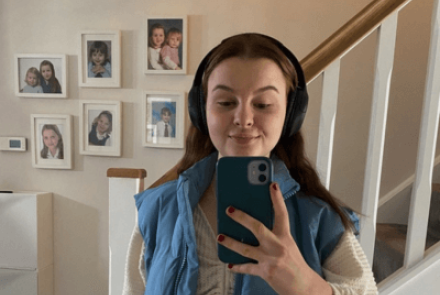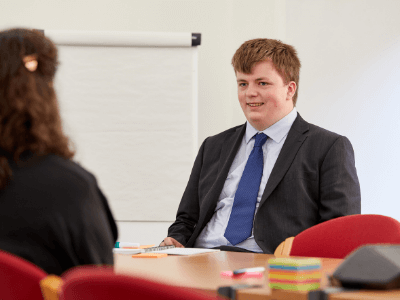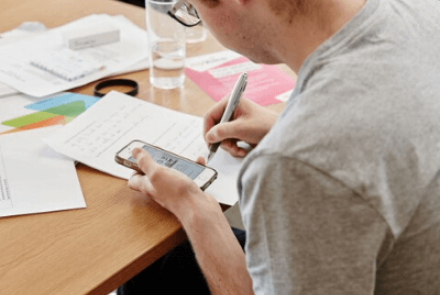Uncertainty, anxiety and the Coronavirus pandemic
Uncertainty can often be the enemy of autistic people, especially when routine is one of the hallmarks of autistic living and something that many of us autistic people are soothed by.
Many things can cause uncertainty to spike and rise up - plans change, unexpected events happen and although we plan for every eventuality there are things that can’t be predicted or feasibly managed.
Anxiety can be difficult to manage at the best of times but when faced with much more uncertainty than normal our anxiety can often skyrocket and feel out of control.
Coronavirus
Right now news coverage is dominated by the Coronavirus pandemic.
Every day we are hearing lots of new terms, such as ‘social distancing’ and ‘self-isolation’ and Government advice is also changing frequently.
Health anxiety, too much uncertainty and feeling like there are more questions than answers can be really difficult for anyone, but especially for autistic people to manage. Especially if we rely on facts, truths and clarity. At the moment it can feel difficult to bring normality back into daily life – whether that’s in education, work or hobbies.
Managing this uncertain time
For autistic people and those who support us, we must build the certainty we need and follow the advice given to us to keep safe.
We can change our behaviour to keep ourselves and others safe, whether that be through ‘social distancing’ or only doing the essential tasks outside of home.
But there are other things you or others around you can do to help manage health anxiety and stay both mentally and physically safe in times of uncertainty.
Invest time in the things you enjoy
Being able to ground yourself in the things you enjoy doing when routine changes or evaporates can be really beneficial. Take time to invest more in your passions or special interests and do the things that you enjoy. This could be reading or researching more about your special interest, partaking in your special interest or talking to others about it. Don’t feel you have to be productive when you feel overly anxious or uncertain.
Turn off the news
If news is causing too much distress then limit your exposure to it and practice self-care and distraction techniques. Instead of checking the news at repeated times of day choose a specific time of day and a reputable news source to access your news.
Create your own structure
If you’re spending more time at home or have more unstructured time to manage, try not to get overwhelmed.
Build a structure into your day that you can manage. You can use timetabling and calendar apps to choose your priorities. Remember to build in time for important things like eating, drinking and self-care by portioning your day into set activities. If planning a whole day is too overwhelming plan for ‘Now’ and ‘Next’, focus on what you can do now and what you want to do next.
Change your scenery
If you can take some time to be outside, either for a walk or fresh air then please do! Getting a small change of scene while keeping safe can support mental wellbeing. Even if you can’t get out of the house for a change of space to exercise there are still ways to exercise while staying at home (if you have the space!).
Keep in contact in different ways
It can be difficult to manage losing the plans you were looking forward to as things get cancelled or delayed. In some of these cases you might still be able to digitally connect with those you were going to meet or your original plan may have been moved to a date a bit further in the future.
Even when plans change we can still keep in contact with our friends and family using technology. If you’re struggling with loneliness and isolation make a point of chatting to those you’re close to, arrange a recurring time to chat and remember to check in on others.
Talk to someone
If you’re struggling with increased anxiety that feels unmanageable talk to those around you about managing your anxiety and create an action plan to keep anxious thoughts at a controllable level.
About the author
Sarah is Participation and Policy Officer at Ambitious about Autism, she’s autistic herself and has collated some information to support autistic young people struggling with the uncertainty and anxiety that has arisen recently.
Further advice:
NHS England has the most up to date information about Coronavirus and keeping yourself safe.
Autism lecturer Peter Vermeulen has 20 tips to help autistic people and those who support them through the uncertainty of COVID-19.
The New York Times explains what social distancing is and answers some key questions.
The Guardian has tips on managing health anxiety
If you need someone to talk to about your mental health you can reach out to the Mix, an online mental health support charity for under 25s.












